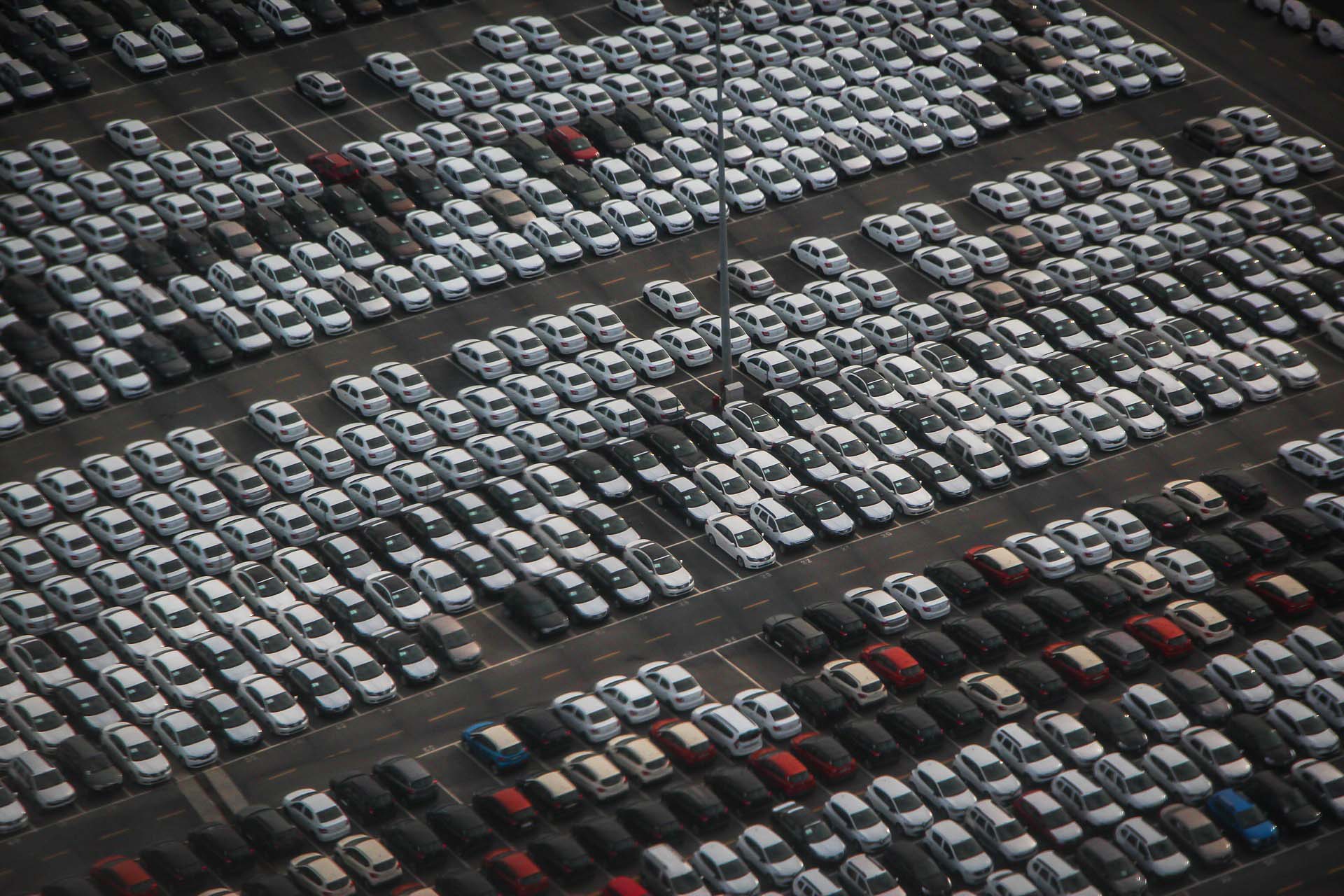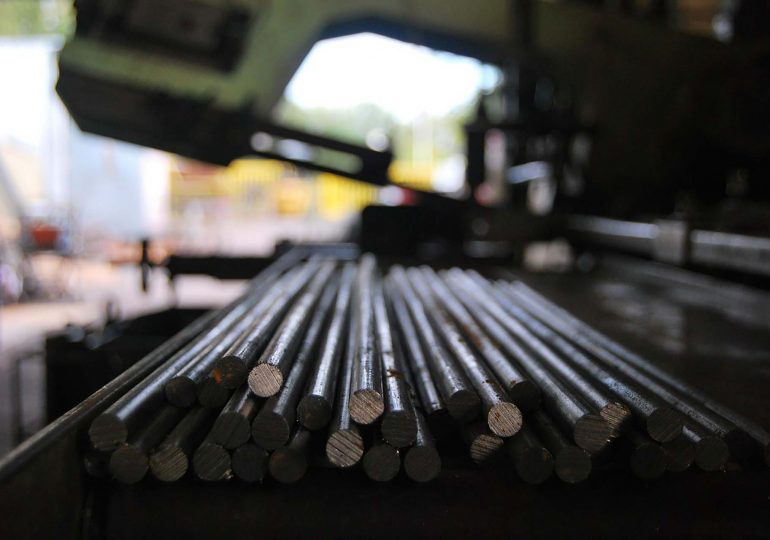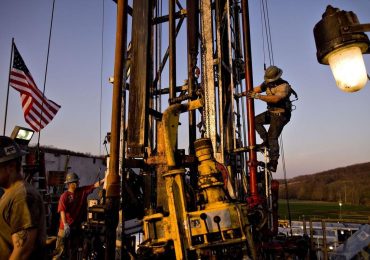Reducing steel imports: the EU is struggling with Beijing’s trade policy
In March 2018, US President Donald Trump imposed a twenty percent tariff on steel imports into the country. The European Union now has to take a series of countermeasures to protect its enterprises as well.
For 26 product categories, the European Union has introduced quotas. A duty exceeding them is 25 percent. Also regarding the main suppliers imposed restrictions on the countries. In Europe, they believe that these measures will help maintain the status quo.
The EU uses such regulatory measures infrequently. However, they kill two birds with one stone and are directed not only to America, but also to affect China. Worldwide distribution of products from the Middle Kingdom hinders the development of the European economy.
By the way, the introduction of restrictive measures on steel imports to the United States is due to the trade war with China. Trump assumed that in this way he would solve the issue of excess production in this country. Europe is left to follow the example of the American president – after all, steel could thus rush to its markets. Consequently, we see a kind of interaction of Europe with the States in the protection of their economies.
Imports of steel are limited: Europe is displeased again
Nevertheless, any actions of this kind carry negative consequences. At the same time, a number of industries will receive metal at an inflated price, and this will increase the value of all products. In Brussels, explain that inaction would lead to the collapse of the EU steel industry. Manufacturers and so suffer from the fall in prices for their products, due to the trade policy of China. As a result, huge problems could arise primarily in the European automotive industry. Which, as we know, is a key industry for the EU.
European manufacturers expressed the wish that quotas should be introduced not only for products (in this case, metal). Also concerned specific states. Several countries (in particular, Russia and Turkey) took advantage of the situation and sold steel to Europe at inflated prices. That, of course, hit the domestic producers in the EU. The Association of metal producers are also wary of Indonesia, which is not subject to quotas and has recently become one of the leading steel producers in the region.

As a result of the measures taken, metal imports in Europe increased by 12% from January to October 2018 (compared to the same period in 2017).
At the same time, imports of metal into the United States fell by 14%. There was nothing left for manufacturers to send steel destined for American industry to Europe. In turn, production in the EU increased, and steel turned out to be more suitable than ever.
Motorcar manufacturers were wary of quotas imposed by the United States and Europe. They predict a rise in prices for steel and, as a result, for their products. They are also embarrassed that the imposed sanctions will be canceled only in July 2021.









